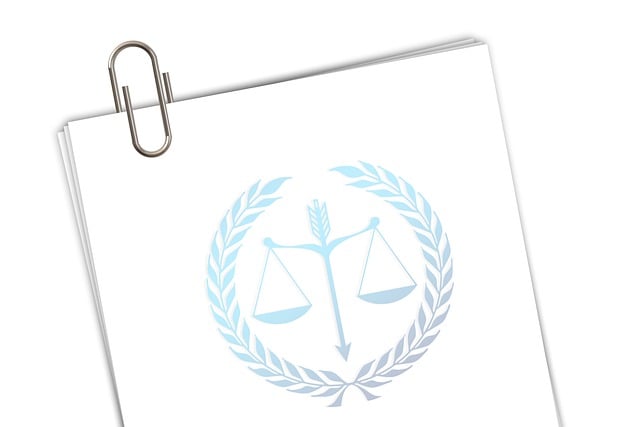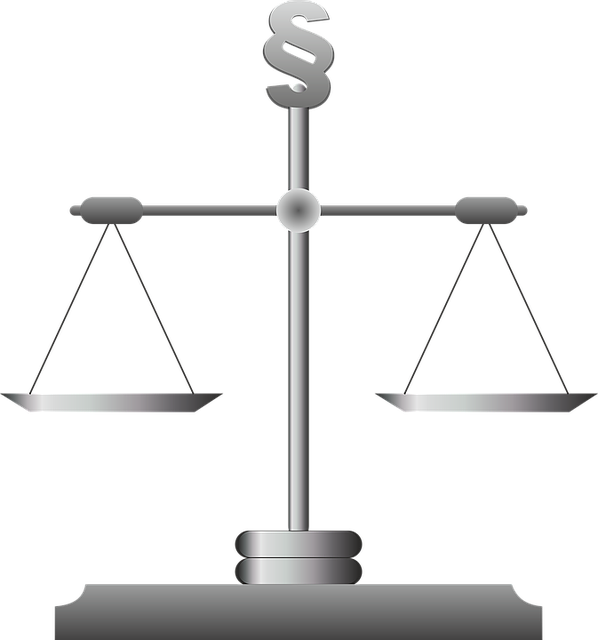Regulatory Fraud Laws protect consumers and investors from deceptive practices in publicly trusted industries. Understanding these laws is crucial for those considering a Personal Injury Claim Without a Lawyer, especially complex cases with legal nuances. While self-representation is achievable through meticulous record-keeping, online research, and settlement negotiation skills, consulting a lawyer is ideal. These laws ensure fairness by providing clear guidelines, equal opportunities, robust penalties, and measures to protect witness credibility, minimizing the risk of false claims and wrongful convictions.
Regulatory fraud laws are designed to protect consumers and investors from deceptive practices, ensuring fair markets and transparent transactions. In this article, we explore the intricacies of these laws with a focus on personal injury claims, offering guidance for those seeking justice without legal aid. From understanding key protections to navigating the process independently, we delve into the essential elements of fraud legislation, empowering individuals to pursue legitimate claims effectively. Learn how to identify fraudulent activities and assert your rights in the face of regulatory misconduct.
- Understanding Regulatory Fraud Laws: Protections in Place
- Personal Injury Claims: Navigating Without Legal Aid
- Ensuring Fairness: Key Elements of Fraud Legislation
Understanding Regulatory Fraud Laws: Protections in Place

Regulatory Fraud Laws are designed to protect consumers and investors from deceptive practices within industries that hold significant public trust. These laws cover a wide range of activities, including financial misdeeds, healthcare scams, and environmental violations. The primary goal is to ensure fair markets and safeguard vulnerable individuals. When fraud occurs, victims may face substantial losses, not just financially but also in terms of their health or safety.
Understanding these laws is crucial for anyone considering a personal injury claim without a lawyer. While some cases may be straightforward, complex regulatory fraud often involves intricate legal nuances. White-collar defense attorneys specialize in navigating these complexities, representing both corporate and individual clients accused of fraudulent activities. Unlike general criminal defense, which focuses on mitigating punishment, white-collar defense aims to protect the rights of those accused while ensuring compliance with stringent regulatory requirements.
Personal Injury Claims: Navigating Without Legal Aid

Navigating a personal injury claim without legal aid can be a complex and challenging task. Many individuals who’ve suffered injuries due to someone else’s negligence believe they need a lawyer to successfully pursue compensation, but that’s not always the case. Understanding the process and knowing what steps to take is empowering and can help avoid potential pitfalls like indictment for false claims. While it’s advisable to consult with a legal professional in every situation, especially when dealing with complex cases, there are ways to represent yourself effectively.
Starting with thorough documentation of your injuries and the circumstances surrounding the incident, including medical records, witness statements, and any relevant evidence, is crucial. Familiarize yourself with the respective state’s laws regarding personal injury claims, deadlines for filing, and the necessary procedures. This knowledge can be gained through reputable online resources and legal aid organizations focused on serving the needs of philanthropic and political communities. Additionally, learning about settlement negotiations and understanding when to seek alternative dispute resolution methods can significantly impact the outcome of your claim without incurring legal fees.
Ensuring Fairness: Key Elements of Fraud Legislation

Ensuring fairness is a cornerstone of any robust legal system, and fraud legislation plays a pivotal role in this regard. Key elements within these laws are designed to protect individuals from deceptive practices, particularly in high-stakes cases like personal injury claims without a lawyer. One critical aspect is establishing clear guidelines for evidence presentation and verification, ensuring that both plaintiffs and defendants have equal opportunities to present their cases. This prevents any party from gaining an unfair advantage through fraudulent means.
Moreover, effective fraud legislation often includes provisions for robust penalties, including fines and potential jail time, to serve as a deterrent against attempting to manipulate the legal process. In complex cases that may lead to jury trials, these laws must also address the importance of witness credibility and the integrity of expert testimony. Avoiding indictment for false claims is a significant focus, with legislation aiming to ensure that only valid personal injury claims proceed, thus upholding justice while minimizing the risk of wrongful convictions in high-stakes situations.
Regulatory fraud laws play a crucial role in protecting individuals and businesses from deceptive practices. By understanding these laws, especially key elements like fairness and transparency, we can ensure a more just and secure environment. While navigating a personal injury claim without legal aid may seem daunting, knowing the protections in place and the necessary steps to file a legitimate claim can empower you to seek justice. Remember that staying informed about your rights is essential for a successful outcome, especially when dealing with complex regulatory frameworks.






